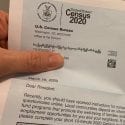
Students conduct a census of their schoolmates’ households, graph their data, and then analyze the results to...

Students experience the changing pace of population growth by actively simulating the Earth’s population growth over a...
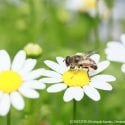
Students participate as a character in an interactive story that explores how everything in nature is interconnected....
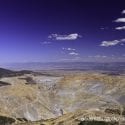
After matching everyday products to their natural sources, students “mine” chocolate chip cookies to discover possible impacts...

Students simulate the Earth’s population growth over a 500 year span and then create a timeline that...

Students act as panthers hunting for food in a model habitat to learn about dependence on resources...
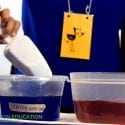
In a short demonstration, students observe how populations grow when the birth rate exceeds the death rate...
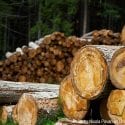
In a simulation, students model what happens to a forest when trees are cut faster than they...
PopEd Impact
campuses
"The activities not only bring out important content, but they also provide real-world context for environmental, population and sustainability issues. They engage participants in very thought-provoking and critical-thinking discussions.”
Helen de la Maza, Environmental Educator, Irvine, CA

